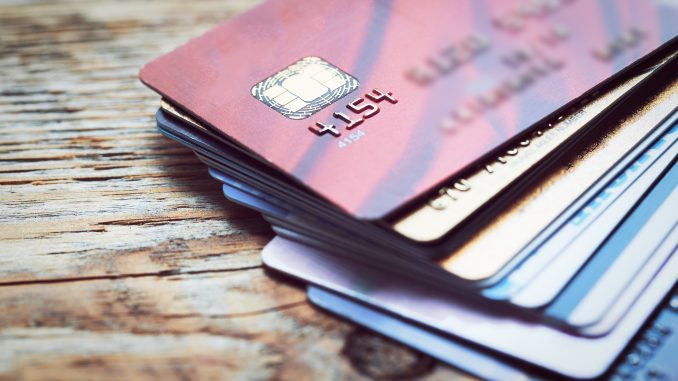
The number on your credit score plays a major role when it comes to applying for credit
This number will mainly be used to calculate the interest rate on your loan.
Majority of the lenders have strict rules regarding giving good rates and most of these rules revolve around your credit score. Some are so strict such that if you miss their credit score target by 2 points, you will get a higher interest rate.
You can work towards improving your credit score so that you can have better chances of accessing loans at better rates by following three principles; settling your bills timely, always settle you bills maintain a low credit balance and only get credit when necessary. Related guide: Lending Expert: How to improve your chances of getting a loan if you have a low credit score Other guidelines include the following.
Quick upgrade
Begin by analyzing your current credit score to understand your position. Be on the lookout for factors that are reflecting badly on your score such as accounting errors made by the reporting agencies, defaults that are wrongly recorded, old debts that should not reflect in your current report.
Next move is to offset your credit balances to bare minimum. Ensure that you have a steady payment plan at least two months to making another application. Ensure that you are no longer falling behind in making payments for bills.
It’s a No!
Never close inactive accounts as this may not reflect well on your credit score. Closing the inactive accounts without settling the debt will inflate your utilization ratio, which is your total outstanding balance divided by your total credit available.
The period of your credit history also matters. When you close an account you got back during your college days and remain with the ones you recently got after your new job, you create an impression of a fresh borrower. Keep old credit cards despite their interest rates, since lenders do not really look at the interest rates.
Operating with balances on your credit cards
It is advisable to transfer outstanding debt of a credit card about to expire to a more current one to balance out your usage. Alternatively, you can spread out your credit balances to several cards, i.e. work towards having all your cards at an average of 20-30% as opposed to several at 0% and one standing at 80%.
All in all, you should endeavour to settle the total debts n all the credit cards.
Also, you should confirm when you credit report is submitted to credit agencies so that you can make your payments on dates that will reflect on the credit report being submitted.
Rescoring rapidly
This is usually applicable to someone in need of a quick loan and as such need to boost their credit score. Late payments or outstanding debts that appear on your credit report will unfortunately not help in boosting your record.
However, the rapid rescoring process will in reverse this situation within a few days. You will however need to work with a lender who deals with rapid rescoring services and get the situation reversed within 72hours. It will cost you some amount, approximately £50 per account, but this does not compare to the amount of money you will save on interest.
All in all, all is not lost when you have a bad credit score as there are means of boosting it. Take a god look at your current credit score and identify the factors that are influencing it to be where it is. After this assessment, you can consider the various options of improving your score.
